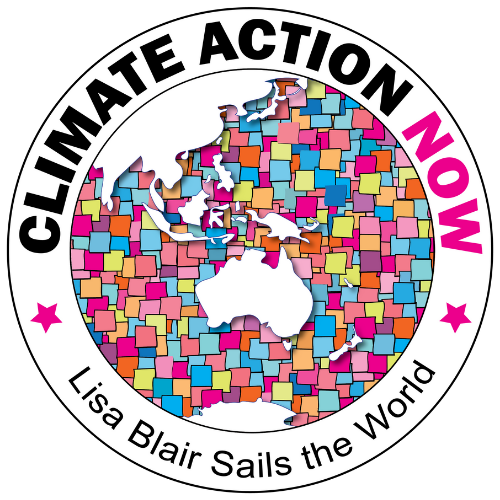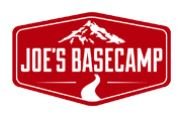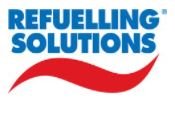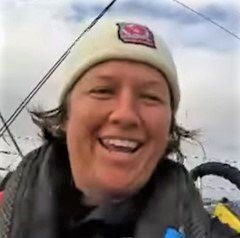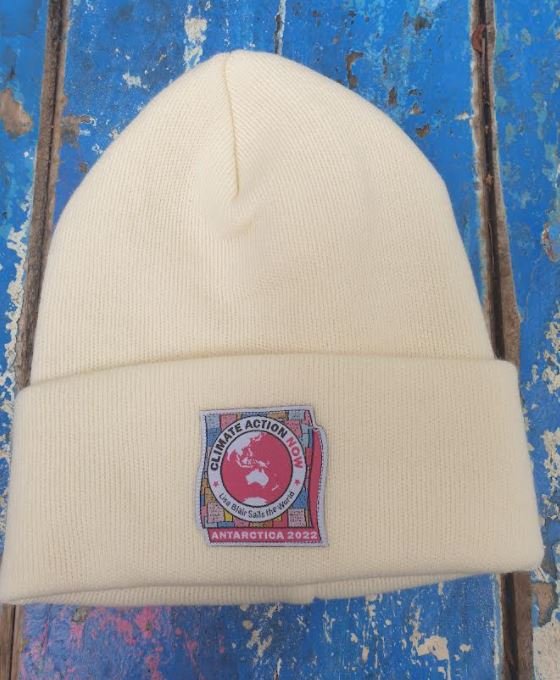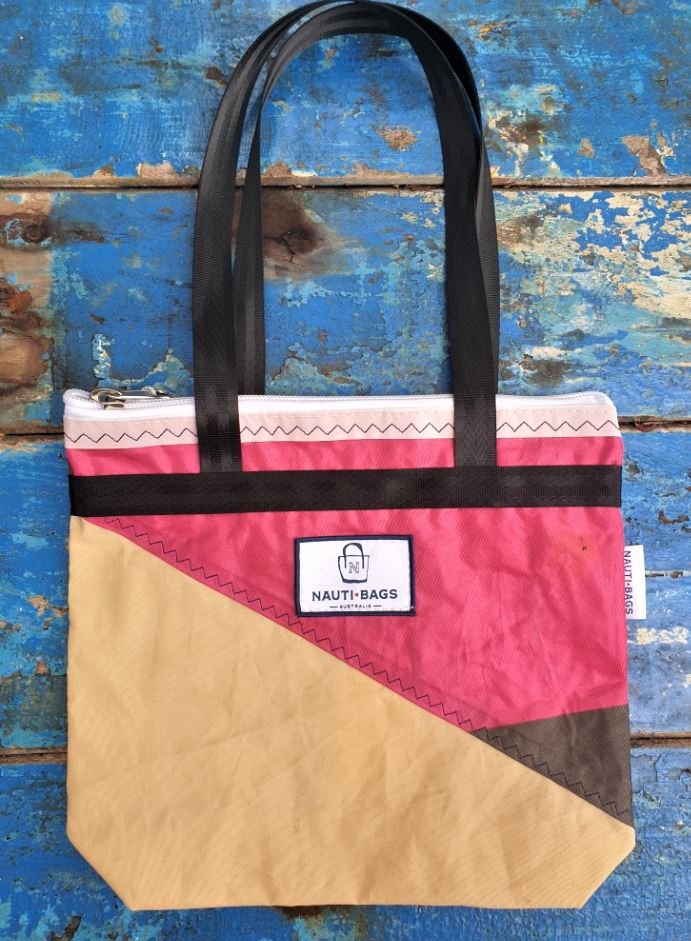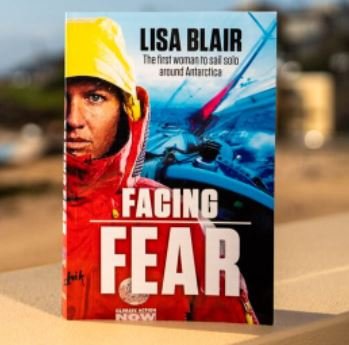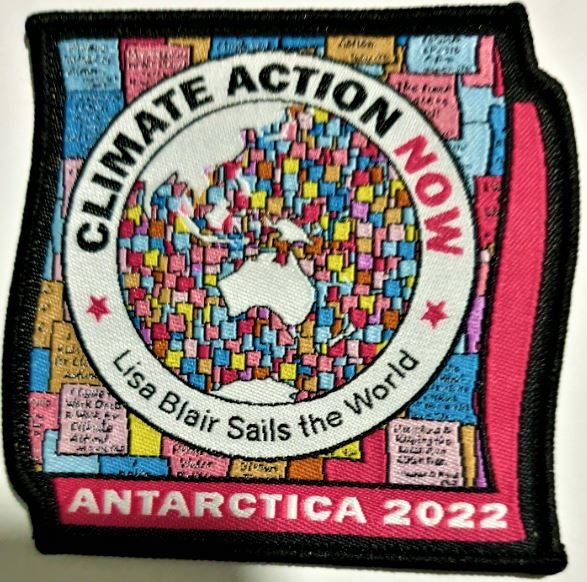Blog Day 47
Latitude 53 41.43S
Longitude 53 49.04W
Barometer 1016
Air Temp 6c
Local Time - 0640 UTC-5
TRACKER
Hi all,
Well it has been a period of no sleep again, but I am working through it. Yesterday morning the winds continued to ease, and I ended up going on deck to unfurl the big no 1 jib on the bow. It was dark, and I realised that I couldn't actually remember the last time I used that sail because the winds have been so strong, for so long. While I love a good storm, and in stormy conditions I tend to get some great speeds up, it has been very pleasant to be able to do normal things like cooking, going to the toilet or walking a straight line without having to have a death grip on a handrail or similar part of the boat to stop myself from getting tossed across the cabin. But light wind sailing brings with it another whole set of challenges.
If we go too slow, the rudder doesn't have enough movement of water across it and stops working. So, then the auto pilot will start alarming and trying to correct our course but instead we will be drifting off with no control. It is frustrating when the conditions get like this, and I end up getting less rest in light winds than in heavy winds. In a storm you can set and forget once you have battened down the hatch so to speak but in those light airs you need to pay constant attention and you are always adjusting the sails as the winds swing around. So, at midnight I was wishing for sleep, but instead I was doing everything I could to keep us moving enough so that the rudder had flow and we had steerage. I was so far getting a nice gentile 6-8 knots of wind and occasionally it would drop down to 4-5 knots of wind. Blowing in from the SW I was sailing on a starboard tack (the winds blowing across the starboard side of the boat first and the sails are pushed out to the port side). I was sailing mostly on a broad reach, meaning that the sails are loose, and the boom is almost 90 degrees to the direction of the boat as it is eased out. There was also a gentle 2-metre swell still rolling through. Every now and again Climate Action Now would roll on a wave and cause all the sails to flap and shake. I was on deck in freezing temperatures to trim the sails, but there wasn't a lot I could do; I was waiting for the winds to move around to the west, and I would then be putting in a gybe.
At that time, I was still only about 3/4 of the way past the Burdwood Bank. I needed to wait until I cleared it for the gybe. The winds were super fluky and sometimes I would need to go on deck to re-trim. As sunrise came around and I started to think about finally getting some sleep the winds dropped out to 2-3 knots and we started sailing at the rapid speed of 1 knot. I was lucky that there was just enough wind to be able to maintain steerage, but we were not wining any races today. Finally, I could see the winds start to build as they swung from the SW to the W and I was able to finally put that gybe in at 10am. It was like the weather gods had been waiting for me to catch up or something because the minute I had completed the gybe the winds swung around to the NW and built back up to 6-10 knots.
My goal today was to sail NE and get above the Antarctic Convergence Line. This is the invisible line in the ocean where the warm Tropical waters meet the cold Antarctic waters. The difference in temperature is too great, so they don’t mingle very well, creating a line. If you are on the Northern side of the line, you are in sea temperatures around 8-12 degrees but just on the other side of that line the temperatures drop to 2-4 degrees. This makes for some very cold sailing, and an increased risk of ice and ice bergs. You are also at risk of freezing hoses, building up ice in the rigging and a number or other complications, so my goal is to remain above the Antarctic Convergence Line as much as possible.
To do that I need to get North a little, so we set a course of 040 T or NE for the remainder of the day. I was feeling so tired now, I had only managed a 3-hour block of 20-minute sleeps the day before, and the day before that, wasn't much better with the rounding of Cape Horn. It was really catching up to me, so as soon as the gybe was completed, I started to look at sleep and boiled a kettle of salt water for my hot water bottle.
I had just climbed into bed, zipped up my sleeping bag and released a breath of relief to rest myself when the winds started to build. We were suddenly getting 25 knots of wind and it was way too much wind for the sail I was carrying. My Dimension Polyant No 1 Jib is a light air sail and designed to operate up to 15 knots and can be pressed to the occasional 20 knot gust, but it’s not designed for it. Given that I still have 6000 nm left to sail I wasn't willing to risk breaking it, so I rolled myself out of bed. After shoving my feet into my Dubarry boots, and throwing on my lifejacket, I scrambled out the hatch and onto the deck.
I immediately started to furl the No 1 Jib away and eased out the mainsail a little to take the pressure off. I was using the grinder to winch in the sail and the handles for this are aluminium and were icy cold. Within a minute of being on deck, yet again my hands were on fire, and then it started to drizzle. Not enough to really make you soaked, but just enough of a light misty rain to wet the skin of my hands and with the 25 knots of wind it all added to the pain.
I was taking short sharp breaths to ease myself through it as I continued to winch the sail away. As soon as it was secure I dived under the hatch, jammed my hands under my armpits and waited until I defrosted enough before unfurling the No 2 jib which was a little smaller. It can take winds up to around 30 knots, more if needed. When we were settled again, and the little bit of extra winds had passed, I decided to leave the No 2 jib up. It looked like I was going to start getting those squally conditions again. The winds had only eased to 15 knots, so we were still making great speeds. I went below, and by the time I flopped into bed my hot water bottle wouldn't have even been considered lukewarm, but I was too tired to do anything about it. I just burrowed myself deeper into the sleeping bag. My cabin temperature was 10 degrees, cold enough to make my breath fog.
I really wanted sleep, but I had some emails and the likes to attend to, so I slept from 12-3 before surfacing for a while. I then slept again until it was time to change the micro plastic samples over and I think overall I managed around 5 hours of broken sleep; I was far from feeling rested, but it was a start. The winds maintained their 15-20 knots most of the night. I went on deck around 1am to look around and was pleasantly surprised to see that the dense grey clouds that had been hanging around had moved off and the inky black night sky was filled with millions of stars. I had the milky way stretching over the Northern part of the sky and the Southern Cross was directly above me. It was still freezing on deck, but I couldn't take my eyes away from how peaceful it was.
Climate Action Now was sailing beautifully, making the happy swooshing sound that a boat makes when the sails are trimmed right, and she is happy. We weren't getting smashed by waves and buffeted by the winds, we were just sailing under a clear cold night sky. As the moon had yet to rise there were so many stars making a blanket above us. It was one of those magic moments where I feel at complete ease on the sea, comfortable in the knowledge that I belong here that the ocean is my home as much as the land is. I stayed staring at the sky only wearing my thermals until I started to shiver from the cold and I finally went below.
It is now nearing 7:30am and I am still trying to get some sleep so I will leave you all here but before I go I would like to take a moment to thank tonight’s degree sponsors.
Thank you to:
58 West - Gen8Care - Thank you to Viv Allanson for your wonderful support of my project and the collection of citizen science for ocean health.
56 West - d'Albora Marinas - Horizon Shores Gold Coast, QLD - As always thank you d'Albora Marinas for always supporting my projects and giving Climate Action Now a home.
54 West - Mark Hipgrave - Dedicated to 'all the Brisbane based volunteers who helped Lisa with her boat prep from May - Dec 2021', Thank you Mark for being an incredible support. Mark is a legend who donated his time and worked for months on board Climate Action Now with me in Brisbane to help me reach the start line. His own boat was going out club racing with his crew while he was stayed behind to help me with the millions of jobs that we needed to do to reach the start line. I honestly couldn't have reached the start line without your support, and the support of all the other Brisbane based volunteers.
Goodnight, all.
